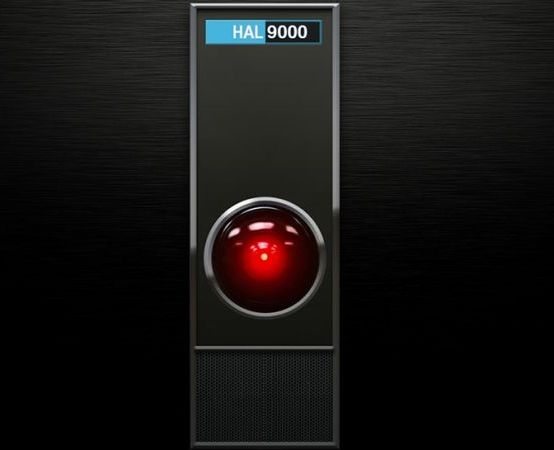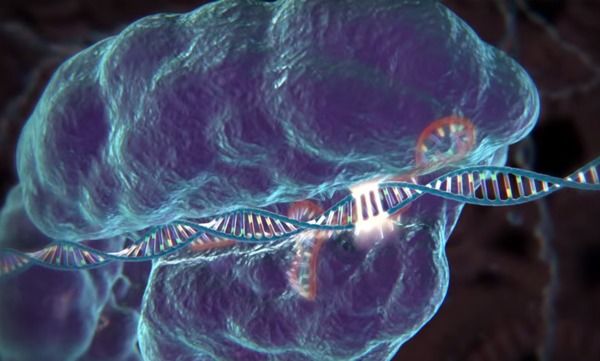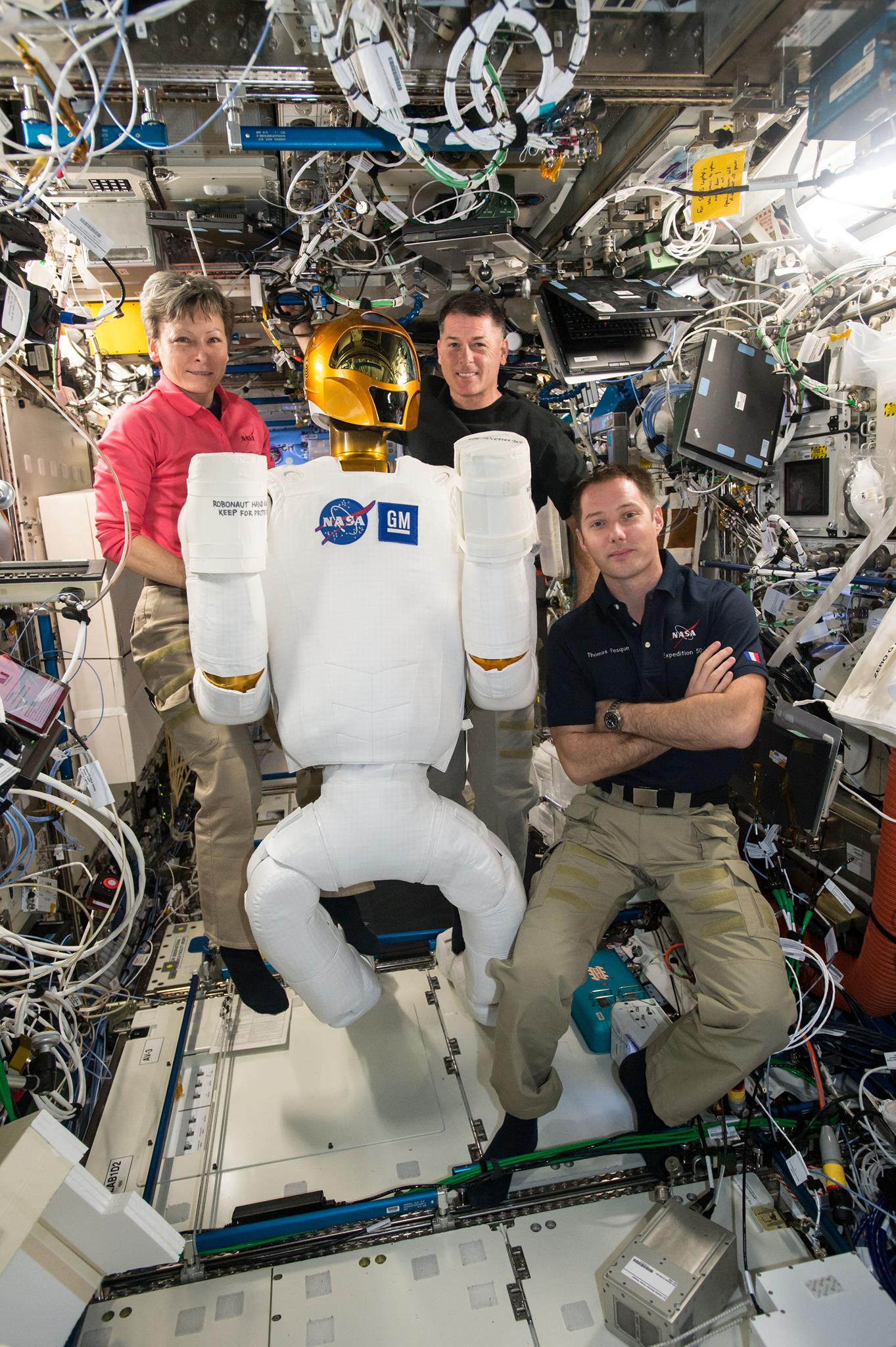Page 10232
Feb 11, 2017
Intel’s Quantum Computing
Posted by Karen Hurst in categories: biological, computing, neuroscience, quantum physics

https://youtube.com/watch?v=6ClSRrM84Gk
More on Intel’s plans for a Quantum Neuromorphic chip to mimic the brain on QC. Should be interesting as they will be researching Quantum Biology/ Biosystem technology of the human brain to make this happen. And, will also be assessing cell electromagnetic spin, much of the other quantum mechanic properties of the brain. So, consider the race is on now for a Quantum Biosystem brain. And, the question now is which one will get there 1st and which type? DARPA’s Quantum Biosystem enhanced brain or one like Intel’s Quantum Neuromorphic chip mimicking the human brain?
Things are about to become very interesting for all.
Feb 11, 2017
Should Bioethicists “Get Out Of The Way” Of CRISPR Research?
Posted by Shane Hinshaw in category: biotech/medical
Feb 11, 2017
Harvard scientists finally create metallic hydrogen
Posted by Shane Hinshaw in category: materials
Feb 11, 2017
#SmartPhoneDNASequencing
Posted by Shane Hinshaw in categories: biotech/medical, mobile phones
Feb 11, 2017
Google Test Of AI’s Killer Instinct Shows We Should Be Very Careful
Posted by Sean Brazell in categories: climatology, military, robotics/AI, sustainability

If climate change, nuclear weapons or Donald Trump don’t kill us first, there’s always artificial intelligence just waiting in the wings. It’s been a long time worry that when AI gains a certain level of autonomy it will see no use for humans or even perceive them as a threat. A new study by Google’s DeepMind lab may or may not ease those fears.
Feb 11, 2017
Astronauts aboard the International Space Station remotely controlled robots on Earth this week
Posted by Bryan Gatton in categories: robotics/AI, space
Such research could lead to methods of controlling advance-scouting rovers on asteroids, moons, or planets from nearby orbit. All this and more in a recap of science on the Space Station. Details: http://go.nasa.gov/2lBDZrq
Feb 11, 2017
Value Conflicts surrounding the Meaning of Life in the Trans/Post/Human Future
Posted by Steve Fuller in categories: biological, cryonics, cyborgs, economics, environmental, ethics, futurism, governance, health, homo sapiens, law, mobile phones, policy, posthumanism, security, theory, transhumanism
Posthumanists and perhaps especially transhumanists tend to downplay the value conflicts that are likely to emerge in the wake of a rapidly changing technoscientific landscape. What follows are six questions and scenarios that are designed to focus thinking by drawing together several tendencies that are not normally related to each other but which nevertheless provide the basis for future value conflicts.
- Will ecological thinking eventuate in an instrumentalization of life? Generally speaking, biology – especially when a nervous system is involved — is more energy efficient when it comes to storing, accessing and processing information than even the best silicon-based computers. While we still don’t quite know why this is the case, we are nevertheless acquiring greater powers of ‘informing’ biological processes through strategic interventions, ranging from correcting ‘genetic errors’ to growing purpose-made organs, including neurons, from stem-cells. In that case, might we not ‘grow’ some organs to function in largely the same capacity as silicon-based computers – especially if it helps to reduce the overall burden that human activity places on the planet? (E.g. the brains in the vats in the film The Minority Report which engage in the precognition of crime.) In other words, this new ‘instrumentalization of life’ may be the most environmentally friendly way to prolong our own survival. But is this a good enough reason? Would these specially created organic thought-beings require legal protection or even rights? The environmental movement has been, generally speaking, against the multiplication of artificial life forms (e.g. the controversies surrounding genetically modified organisms), but in this scenario these life forms would potentially provide a means to achieve ecologically friendly goals.
- Will concerns for social justice force us to enhance animals? We are becoming more capable of recognizing and decoding animal thoughts and feelings, a fact which has helped to bolster those concerned with animal welfare, not to mention ‘animal rights’. At the same time, we are also developing prosthetic devices (of the sort already worn by Steven Hawking) which can enhance the powers of disabled humans so their thoughts and feelings are can be communicated to a wider audience and hence enable them to participate in society more effectively. Might we not wish to apply similar prosthetics to animals – and perhaps even ourselves — in order to facilitate the transaction of thoughts and feelings between humans and animals? This proposal might aim ultimately to secure some mutually agreeable ‘social contract’, whereby animals are incorporated more explicitly in the human life-world — not as merely wards but as something closer to citizens. (See, e.g., Donaldson and Kymlicka’s Zoopolis.) However, would this set of policy initiatives constitute a violation of the animals’ species integrity and simply be a more insidious form of human domination?
Continue reading “Value Conflicts surrounding the Meaning of Life in the Trans/Post/Human Future” »
Tags: animals, children, Death, energy, longevity, meaning of life, Neuroscience, politics, poverty, values















